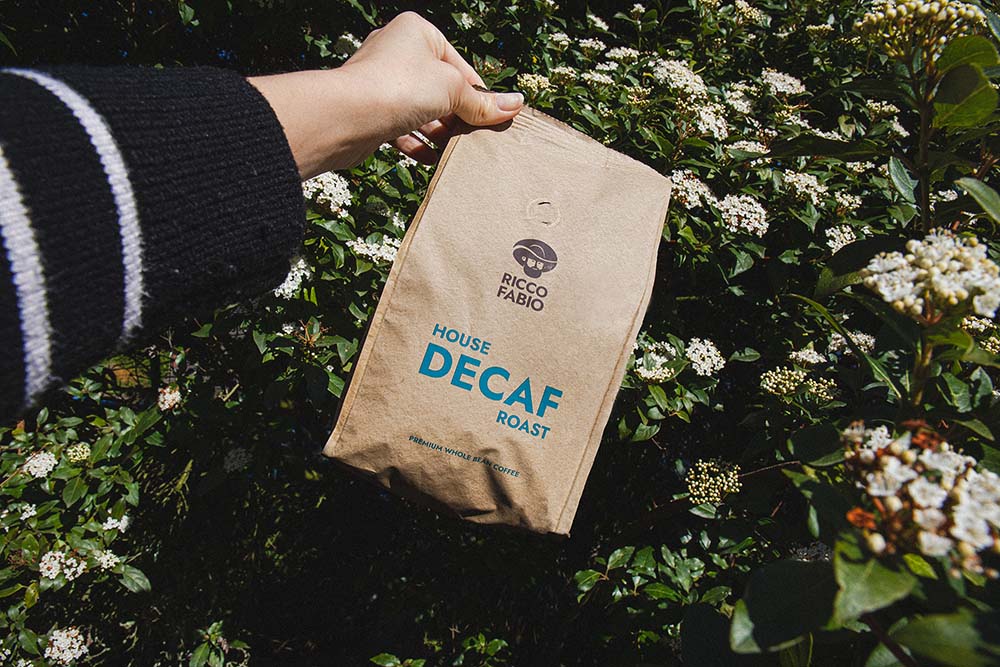Why you should offer decaf coffee
Lily Hedley | June 27, 2025 | 3 minute read

Offering decaf coffee in the workplace fosters a more inclusive and health-conscious environment.
Decaf is growing in popularity, especially among younger generations.
Decaf coffee is coffee with the caffeine removed.
How is decaf coffee made?
Decaf coffee is not completely caffeine free. About 97% of the caffeine is removed during production.
Your cup of decaf contains between 2–15mg of caffeine, compared to 80–100mg in regular coffee.
The beans are soaked and washed to remove the caffeine. Methods can involve water, solvents or carbon dioxide. The Swiss Water method, which does not use chemicals, is popular for the flavour profiles it produces.
Innovation in extraction methods has allowed for better tasting decaf coffee to become readily available.
In a historic win, the 2024 Specialty Coffee Association Championships awarded the Brewers Cup to a decaf blend. A dramatic shift from the popular ‘death before decaf’ mantra heard in coffee communities in the early 2010s.
Decaf coffee can improve inclusivity
Decaf coffee can protect against the negative effects of caffeine such as:
- Exacerbated anxiety
- Poor sleep and restlessness
- High risks for those who are pregnant, breastfeeding or have pre-existing health conditions
- Digestive function problems
Providing decaf options in your workplace allows those who need it to still enjoy a tasty coffee without having to worry about their health.

Benefits of decaf coffee
Decaf coffee contains a high concentration of antioxidants. Particularly polyphenols and chlorogenic acids, which are powerful plant compounds that help protect your body’s cells from damage.
These antioxidants are linked to a reduced risk of chronic diseases such as type 2 diabetes and liver disease.
Additionally, drinking decaf can help avoid some of the negative effects people sometimes associate with coffee.
For example, those who experience anxiety might prefer decaf to enjoy the taste of coffee without the physical tension or restlessness it can sometimes bring.
If you’re concerned your team isn’t getting enough rest, offering decaf in the afternoons could support better sleep and improve natural energy levels during the day.
Market outlook for decaf coffee
The decaf market is growing. The increased availability of good tasting decaf coffee, and demand for healthier coffee is driving growth.
Younger consumers are increasingly searching for coffee drinks that benefit their health.
Research from Swiss Water shows that the main reasons behind their decisions are a desire to reduce anxiety and improve sleep quality.
The USA, Germany and China are the countries with the most significant market growth.
Conclusion
By offering decaf in your workplace, you’re not just ticking a box. You’re showing that you care about wellbeing, choice and quality for everyone on your team. Find out more about how to create an inclusive workplace on our blog.